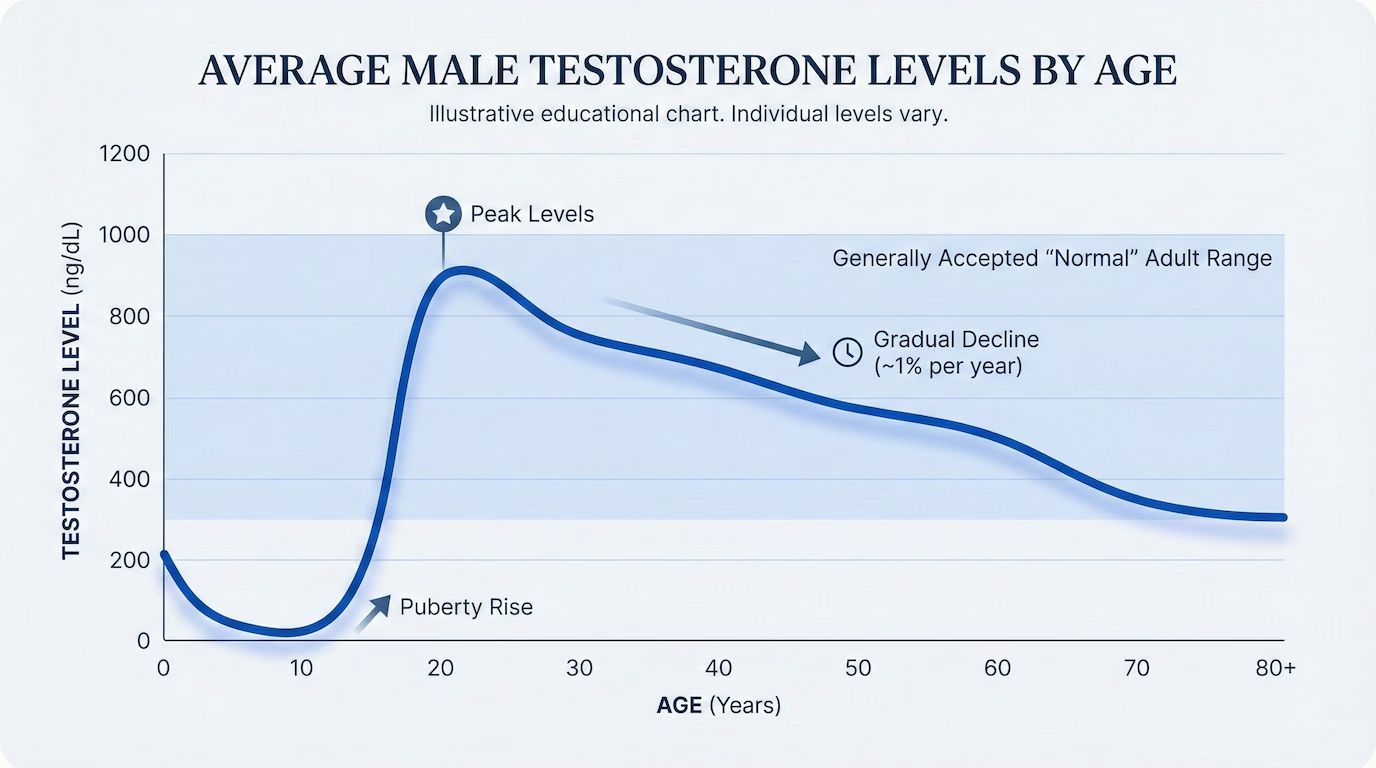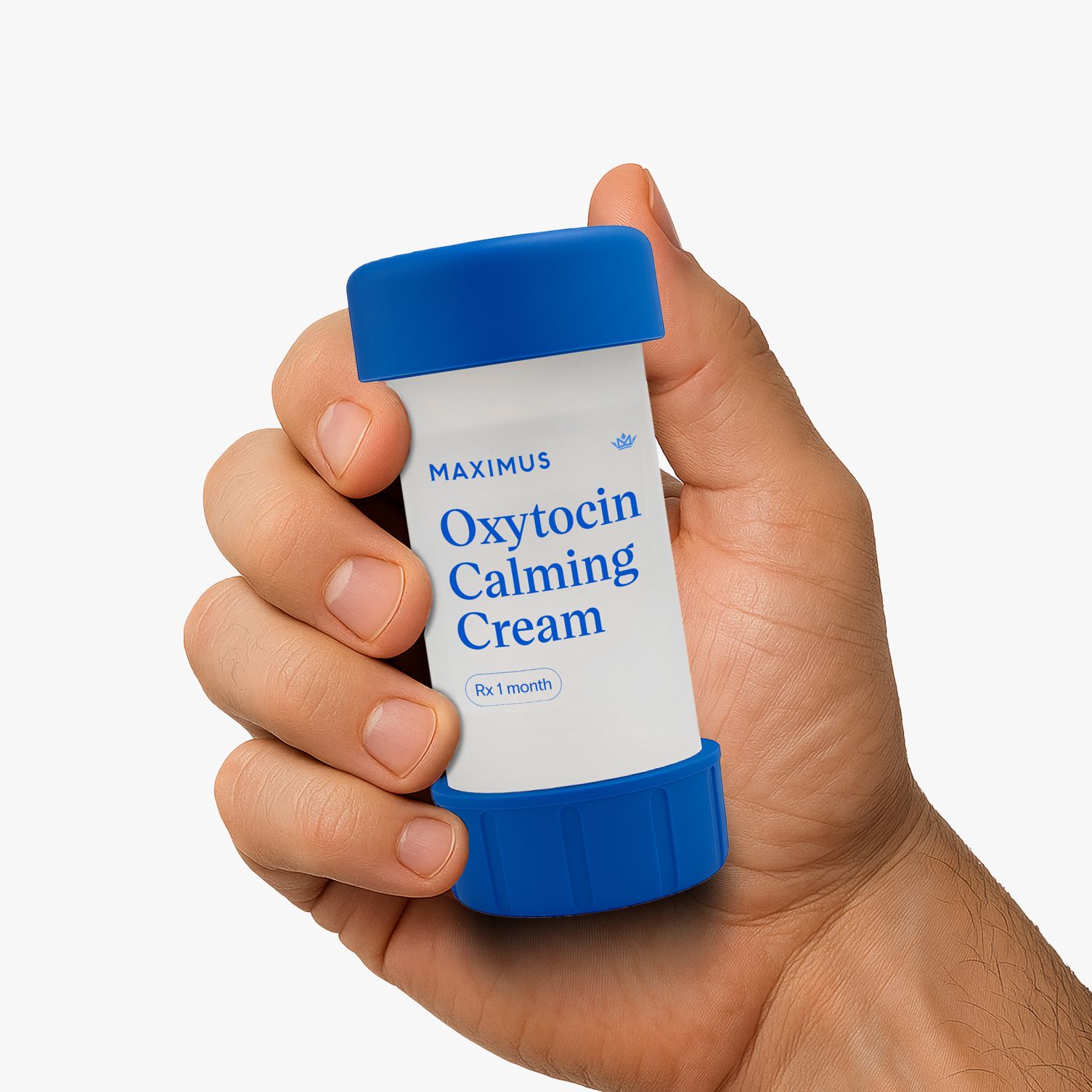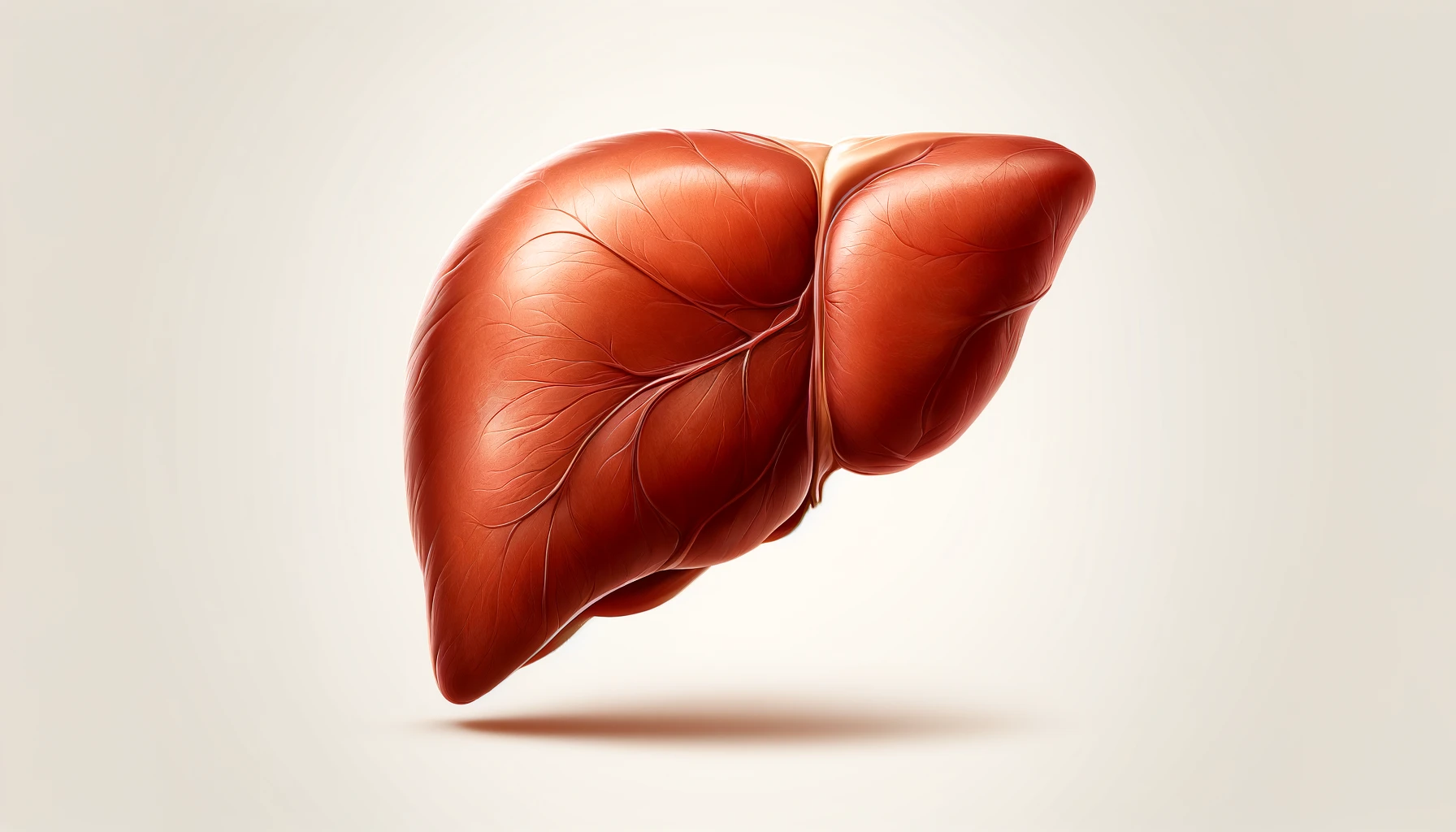tl;dr: It's liver safe!
Testosterone replacement therapy is a common method for treating symptomatic individuals with low testosterone levels stemming from various medical conditions. Traditionally, testosterone was administered through injections, patches, or gels. However, the convenience of oral testosterone has always been desirable, though until recently, it posed unique challenges to liver health. This article aims to educate readers on why oral testosterone is actually liver safe, the historical context of its formulation, and how modern science has evolved to create liver friendly formulations.
The Liver Toxicity of Traditional Oral Testosterone
The liver toxicity of traditional oral testosterone formulations is primarily linked to their chemical structure. Originally, oral testosterone needed to be modified to survive the first pass through the liver—a process where substances absorbed from the gastrointestinal tract enter the liver and are metabolized before reaching systemic circulation. Unmodified testosterone would largely be broken down by the liver, rendering it ineffective as a therapy.
To address the rapid metabolism of testosterone by the liver, chemists developed 17-alpha-alkylated derivatives of testosterone, such as methyltestosterone. Alkylation, specifically the addition of a methyl group at the 17-alpha position of the testosterone molecule, enhances its resistance to liver metabolism. This chemical modification allows a greater amount of the hormone to survive its initial pass through the liver and enter the bloodstream effectively. However, while this alteration does increase bioavailability, it also introduces significant risks. Methyltestosterone, as a 17-alpha-alkylated steroid, has been found to be hepatotoxic, which means it can cause liver damage. This liver damage is often indicated by elevated liver enzymes in the blood, signaling liver stress or injury. In rare cases, jaundice and liver tumors can also develop with extended use.
The Shift to Lymphatic Delivery Systems
Responding to the need for safer oral formulations, researchers have developed new methods to deliver testosterone that bypass the liver, thus reducing the risk of hepatotoxicity. One of the most promising approaches is lymphatic delivery.
What is the Lymphatic System?
The lymphatic system is a part of the circulatory system and an essential component of the immune system. It consists of a network of lymphatic vessels that transport a clear fluid called lymph, which carries lipids and immune cells throughout the body. Unlike the bloodstream, which is pumped by the heart, the lymphatic system relies on the movement of muscles and joints to propel lymph.
How Does Lymphatic Delivery Work?
Lymphatic delivery systems are designed to utilize the body’s natural absorption pathways. By formulating testosterone in a way that mimics lipids (fats), these newer oral testosterone products can be absorbed through the intestines directly into the lymphatic vessels, bypassing the liver. This route of absorption avoids the first-pass metabolism in the liver, allowing testosterone to be delivered more efficiently into the bloodstream without elevating liver enzymes. Some formulations of oral testosterone have even shown improvements in liver health by reducing elevated liver enzymes and liver fat content. These findings aren’t surprising, as 10-year long studies have shown robust liver safety and testosterone has been associated with improving liver conditions like NAFLD.
Most formulations of oral testosterone use an esterified version of testosterone, called testosterone undecanoate. This ester is attached to the testosterone molecule as a means to slowly release testosterone into the bloodstream. These medications are considered prodrugs, or pharmacologically inactive compounds that are converted into active drugs through enzymatic or chemical reactions within the body. Native testosterone, or unesterified testosterone, is the end product of the enzymatic cleavage of testosterone undecanoate. This truly bioavailable form of testosterone has also shown to be liver safe, as indicated by normal liver enzymes levels.
Lymphatic absorption of testosterone doesn't just lower the chances of liver toxicity—it actually boosts the effectiveness of oral testosterone therapy. It's a major leap forward in hormone replacement therapy, providing patients with a safer and more convenient treatment option.
Disclaimer: The contents of this article, including, but not limited to, text, graphics, images, and other information, is for information purposes only and does not constitute medical advice. The information contained herein is not a substitute for and should never be relied upon for professional medical advice. The content is not meant to be complete or exhaustive or to be applicable to any specific individual's medical condition. You should consult a licensed healthcare professional before starting any health protocol and seek the advice of your physician or other medical professional if you have questions or concerns about a medical condition. Always talk to your doctor about the risks and benefits of any treatment. Never disregard or delay seeking professional medical advice or treatment because of something you have read on this site. Maximus does not recommend, endorse, or make any representation about the efficacy, appropriateness, or suitability of any specific test, products, procedures, treatments, services, opinions, healthcare providers or other information contained herein. Maximus is not responsible for, nor will they bear any liability for, the content provided herein or any actions or outcomes resulting from or related to its use.





